Every person of conscience right now is experiencing deep anger, either as or on behalf of Black Americans. If you’re looking for works that reflect your rage, or help clarify the rage of others, we’ve collected some of our favorite interviews with authors who are shedding light on the experience of living as a Black American under white supremacy.
White Supremacy Is America’s Original Pyramid Scheme
Ijeoma Oluo, author of So You Want to Talk About Race, on the roots of police brutality, the model minority myth, and the school-to-prison pipeline
“From the very beginning of the police forces we’ve had two separate mandates—to control Black people and to protect white people. It’s important to know that this is in the DNA. This is how our police forces were started.”
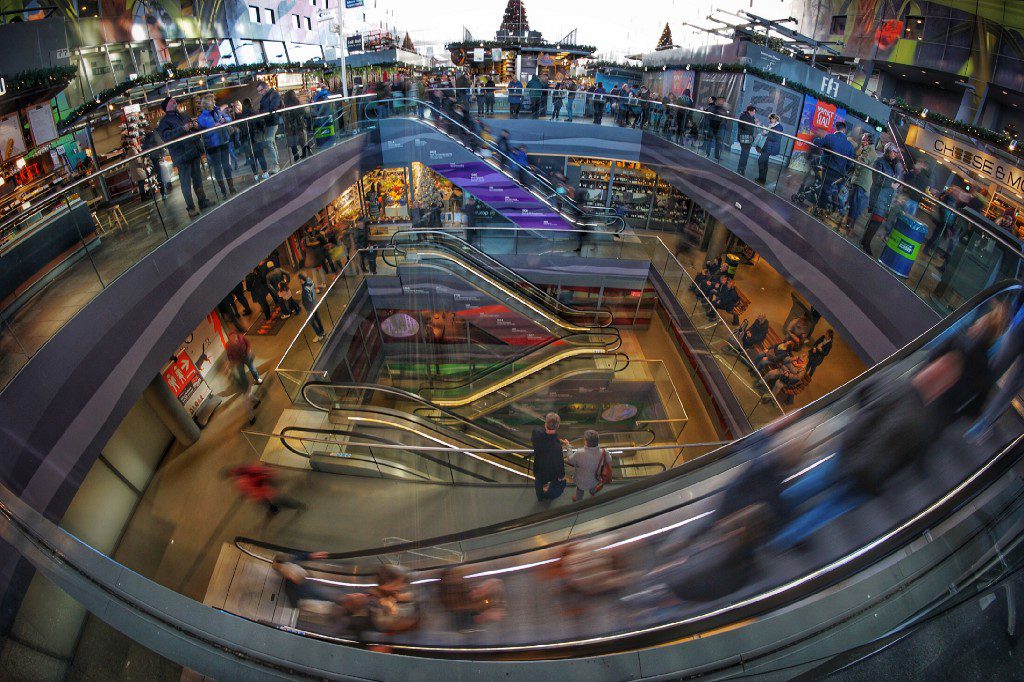
“Friday Black” Is a Brutal, Brilliant Satire of American Racism and Capitalism
Nana Kwame Adjei-Brenyah talks to Mychal Denzel Smith about how working in retail inspired his book
“There’s all types of violence that we sort of just learn to deal with. There’s violence like ‘I’m gonna kill you’ and there’s violence like erasure. There’s violence like silencing. Maybe we shouldn’t just accept these things.”

A Handbook for Fighting Racism in America
Ibram X. Kendi, author of How to Be an Antiracist, on working towards equality in an era of rising nationalism and white supremacy
“Every single person on Earth has the power to resist racism, and there are people who are using and recognizing that power and there are people who are not.”
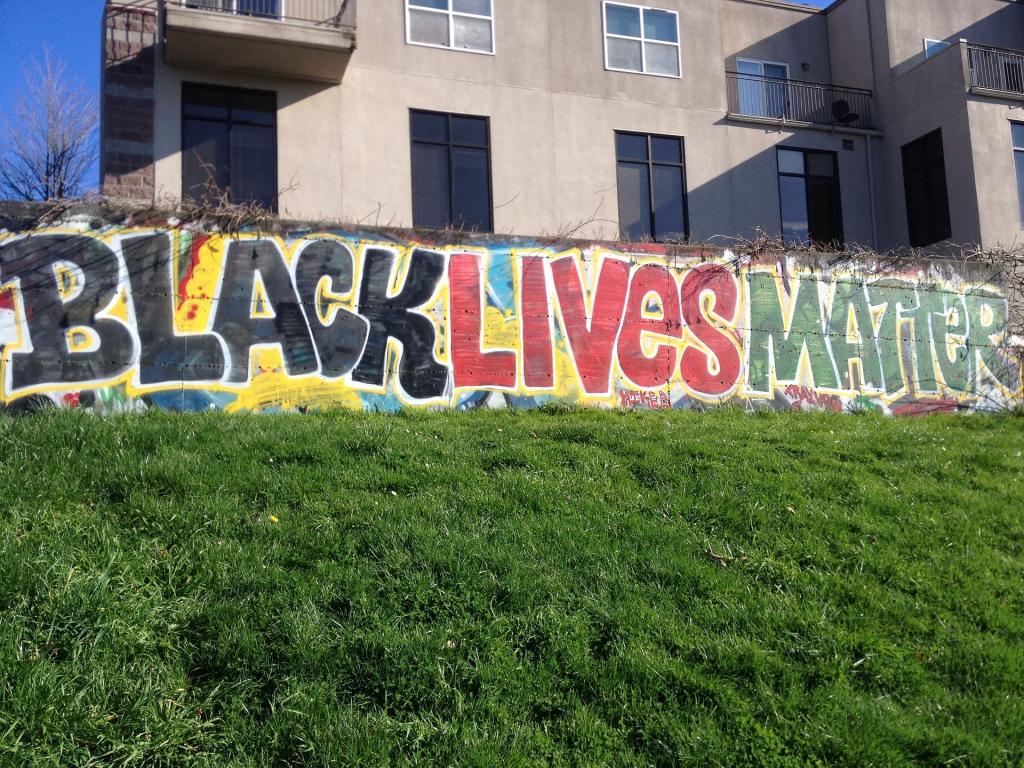
Writing About Black Lives Matter in 2019
Melanie S. Hatter on Malawi’s Sisters and telling stories straight from the headlines
“I wasn’t writing about the movement, but in creating a story like this, in this world that we’re in right now, you can’t write a story like this and not talk about Black Lives Matter.”
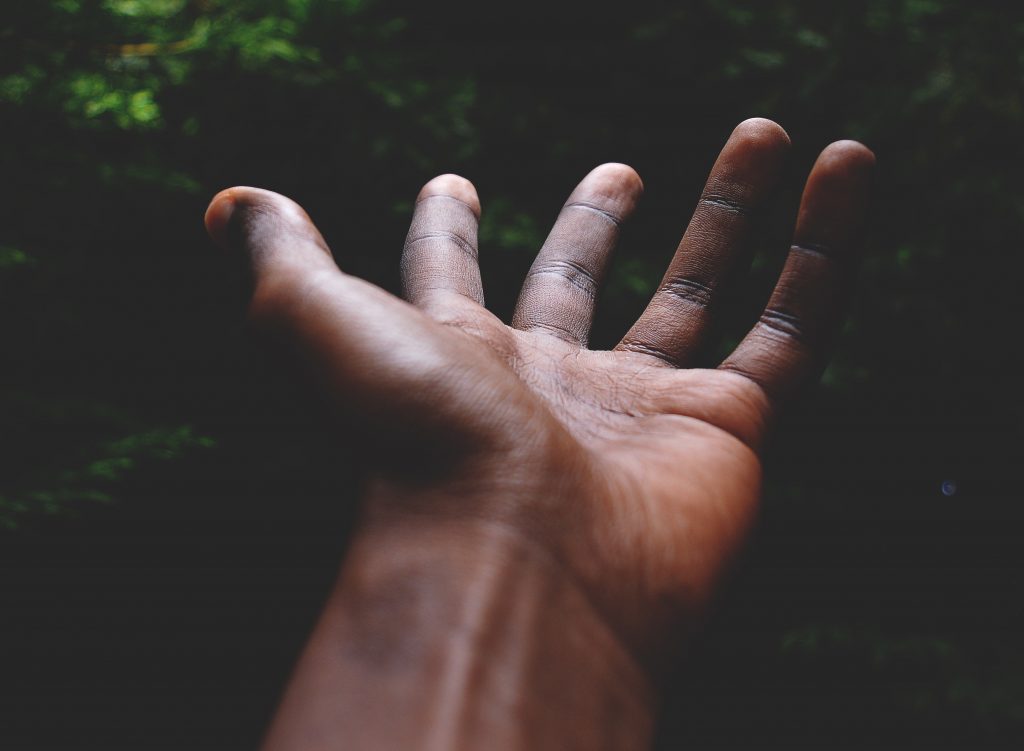
Where Can a Young Black Man Find Belonging in America?
Gabriel Bump, author of Everywhere You Don’t Belong, on how diversity meetings turn into white guilt parties with bad snacks
“The cops don’t care about the different ideologies within the community. They see each citizen as a threat.”
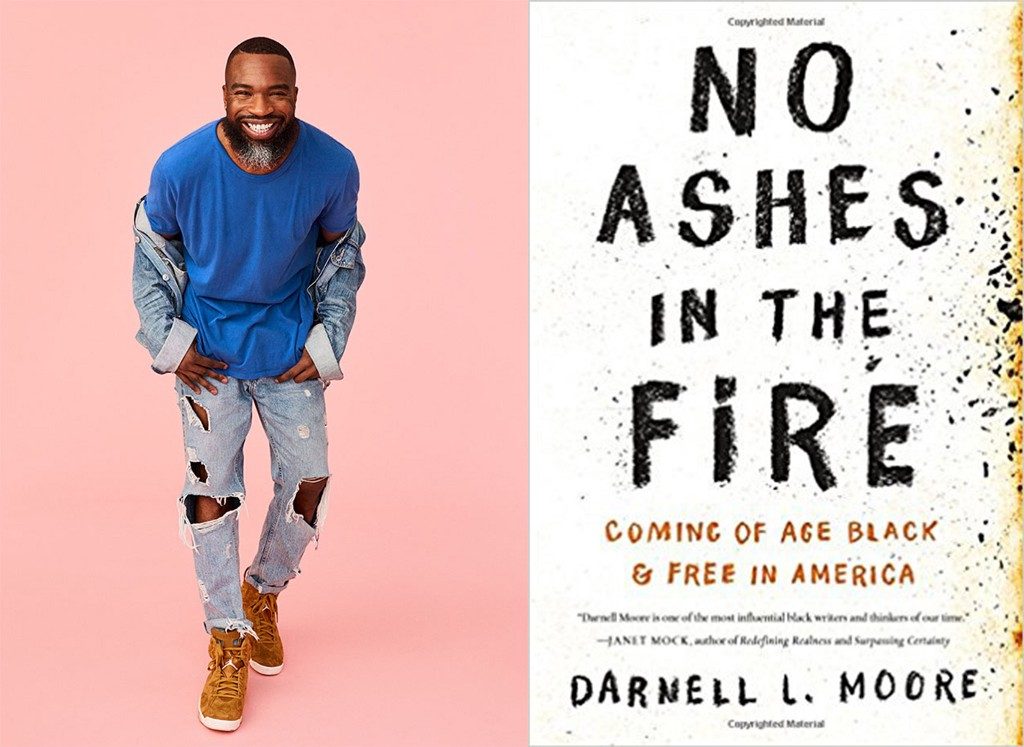
Finding Black Boy Joy In A World That Doesn’t Want You To
Darnell Moore’s memoir No Ashes in the Fire thinks deeply about trauma and healing
“I am still thinking through what communal healing might look like — one that centers those who have been harmed and seeks to aid the wrongdoer in their quest for atonement and transformation — that does not begin and end with punishment or incarceration.”
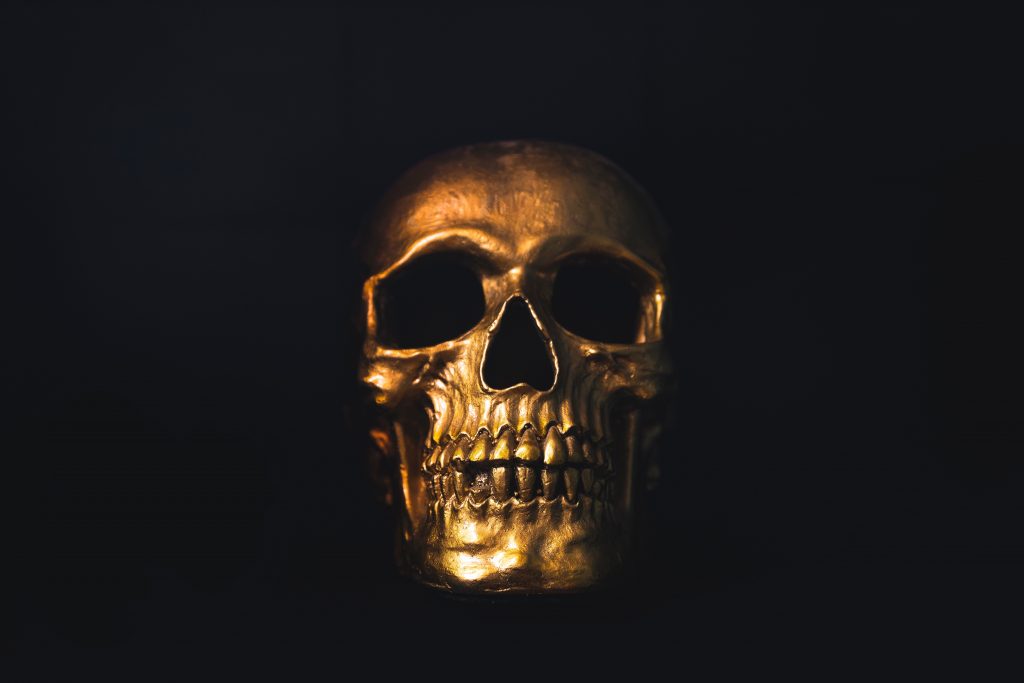
Why Is Dying in America So Expensive?
Megan Giddings, author of Lakewood, on how our racist, capitalist medical system exploits Black bodies
“Don’t you think that the American dream, at least for people of color in this country, is the ultimate destruction of who you are?”
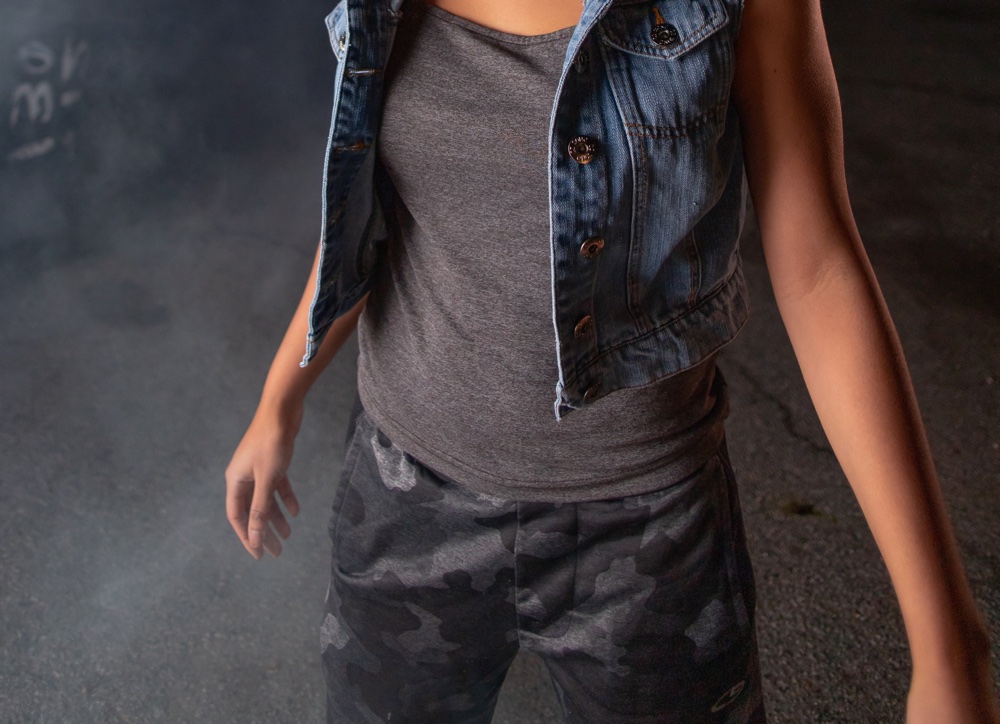
A Superhero Fueled by Righteous Anger
In Tochi Onyebuchi’s Riot Baby, Ella’s psychic gifts carry all the energy of a political protest
“One of the things that I’m constantly noticing is that the powers-that-be will try to quell that anger and try to police how protests happen. ‘Oh, you shouldn’t be blocking the freeways. Oh, you shouldn’t be making so much noise. There are better ways to protest.’ In each instance, they’re trying to leach the protestors of their anger.”
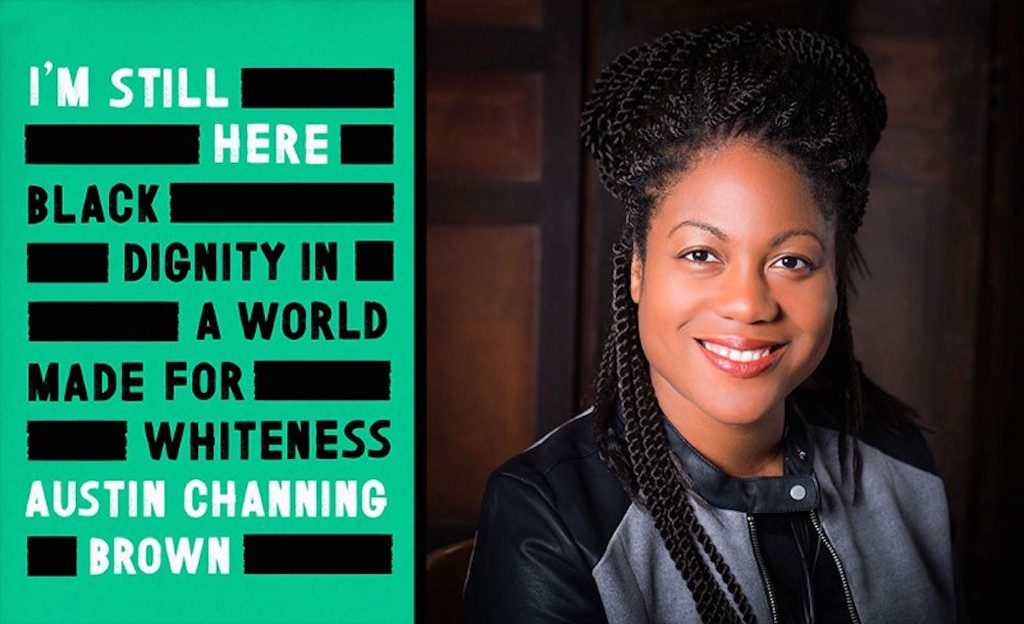
Austin Channing Brown Wants to Save Black Women Some Emotional Labor
Her memoir I’m Still Here covers womanhood, race, religion, and white nonsense
“When you think about the full weight of slavery, when you think about the full weight of lynching, when you think about the full weight of segregation and how hard white Americans fought for segregation, when you think about genocide and the Chinese Exclusion Act, when you think about what people of color have endured for the sake of white supremacy, that is extraordinarily powerful.”
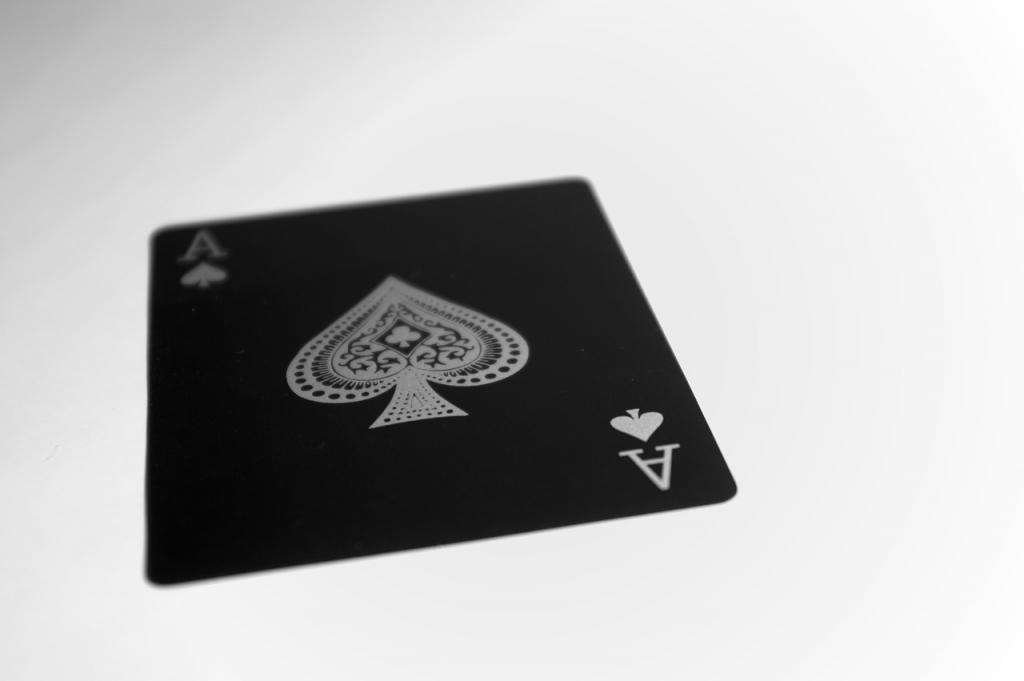
What Does It Mean to Be “Black Enough”?
Chris L. Terry’s Black Card grapples with biracial identity
“Don’t get me wrong, white people should feel guilty for every bit of privilege that they’ve had, but I want to see that guilt turned into something constructive. Stop wringing your hands and put them to work.”

In Danez Smith’s Poems, Love and Violence Live Hand in Hand
The poems in Homie center friendship and intimacy, but don’t dodge harder issues
“When do you choose violence? What is our own capacity for violence? I think poetry can be a safer place to ask dangerous questions but people expect the answers to involve peace and love.”
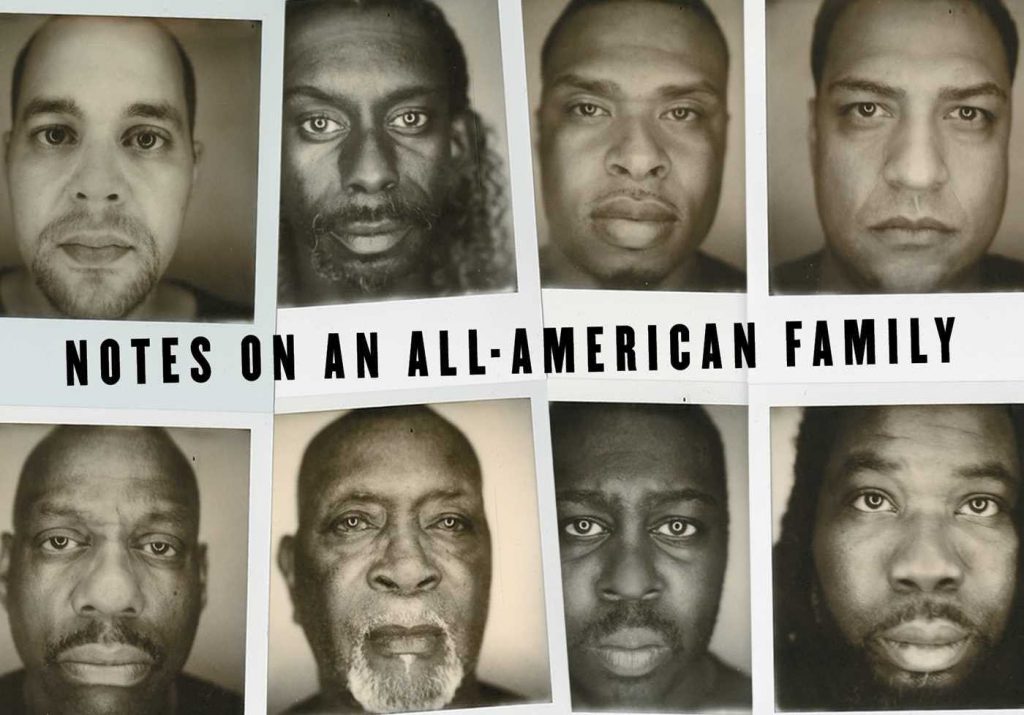
Who Gets to Be All-American?
Mitchell S. Jackson’s memoir Survival Math explores growing up Black in one of the whitest cities in America
“I claim that the people who are subjugated, oppressed, disenfranchised — and despite those harms, maintain some sense of national pride — might be the most American.”
The post Black Authors Discuss Being Black in America appeared first on Electric Literature.










